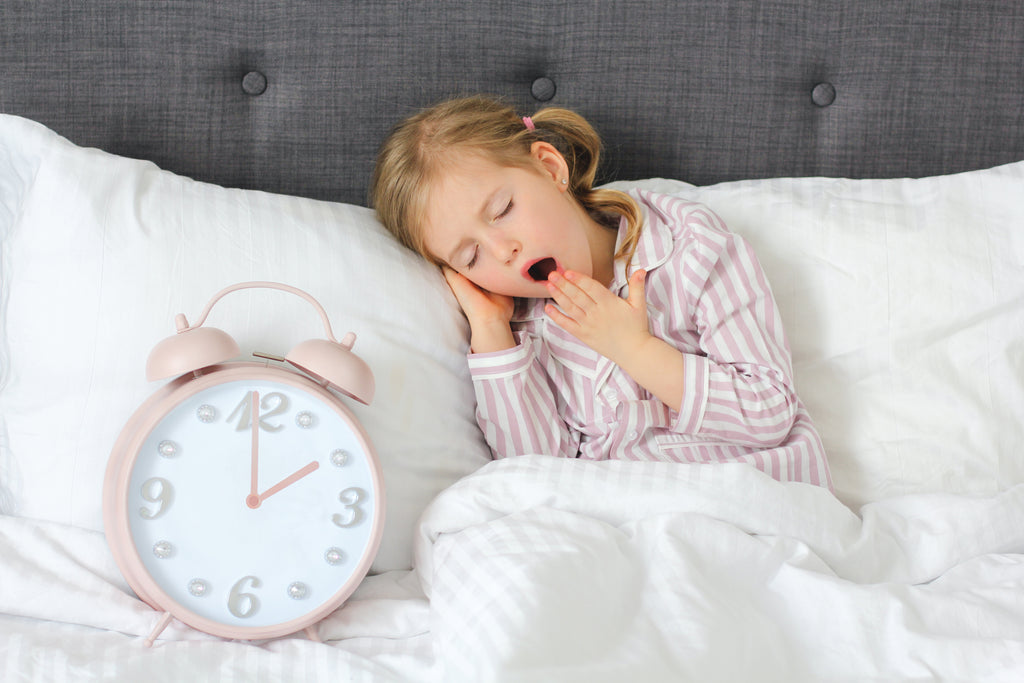
A shift worker is anyone who follows a work schedule that is outside of the typical 9 to 5 business day. This might include working rotating, split or irregular shifts and include morning, afternoon, evening or night work.
Allowing employers to make full use of the 24 hours in each day and ensuring essential services, including emergency services and healthcare are available at all times.
According to the Sleep Health Foundation of Australia
“The average shift worker sleeps one hour a day less than someone who doesn't work shifts.”
Why does Shiftwork disrupt sleep?
Just like when travelling overseas, and adjusting to a new time zone, it is not easy to switch to working and sleeping different hours of the day.
As daylight suppresses the release of Melatonin, a hormone which plays an important role in telling us when to go to sleep and wake up, shift work in the evenings or at night works directly against our body’s natural biological clock or circadian rhythm.
What are the implications of a shift worker not getting enough sleep?
As a shift worker if you are not getting enough sleep you may find that you are lacking in energy, become irritable easily, have trouble concentrating or completing tasks efficiently. You may also find yourself nodding of and wanting to nap.
Lack of sleep can therefore reduce your ability to effectively do your job and also increase the danger of accidents at work.
Tips for shift workers to get a better sleep during the day.
- Aim to get the recommended 7-9 hours sleep for adults a day and try to time your sleep so you wake up just before going to work, like you would if working 9 to 5.
- Try to keep to the same sleep and wake time everyday. This will help your body adjust and get used to when it is needed to be asleep and awake
- Make the bedroom cool and as dark as possible. Consider heavy curtains, blackout blinds and/or using an eye mask.
- Eliminate any noise. Ask family members or housemates if they can try and reduce noise by not wearing shoes inside and using headphones to watch TV or listen to music. If you have a busy household and this is not possible try ear plugs. White noise such as a fan may also assist.
- Avoid caffeine, alcohol and other stimulants before going to sleep.
Tips for shift workers to follow at work, to help avoid feeling tired
- If possible, through discussions with your employer, try to avoid working back to back, double or triple shifts.
- Keep the work environment as bright, or as light as possible
- Try to be active during your breaks, take a walk or do some exercises.
- If possible and needed use a break to take a nap. A short nap, of no more than 15 minutes will boost energy and concentration. Just make sure you are fully awake before heading back to your work tasks.
- Don’t leave the difficult or boring tasks to the end of the shift. For night shift workers this is when you are most likely to feel the tiredest.
- Keep in contact with co-workers, as this may help both them and you stay more alert.
By getting enough sleep you will feel better, be more productive and reduce the likelihood of errors or accidents.
Sleep Well, Live Well






